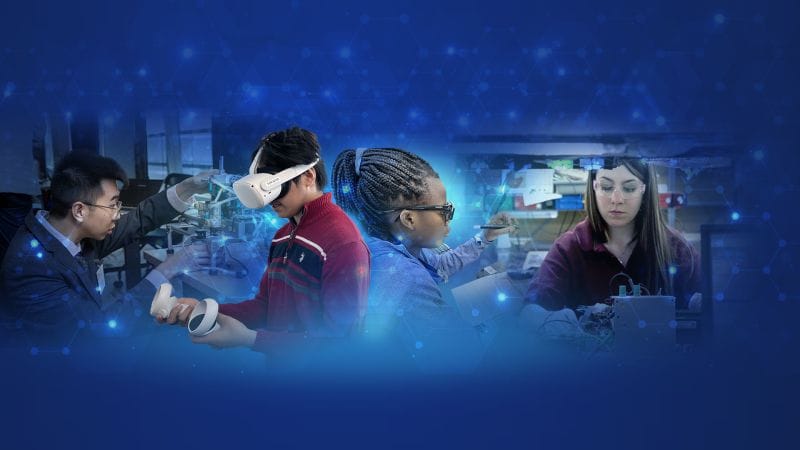RSS Feed Source: Science Daily
The U.S. National Science Foundation has announced two new Dear Colleague Letters (DCL) and one program solicitation that implement key elements of the Trump administration’s executive order, “Advancing Artificial Intelligence Education for American Youth.” The new opportunities will take decisive steps to expand resources for K-12 AI education, enhance teacher training and harness AI tools and services to improve science, technology, engineering and mathematics (STEM) teaching and learning.
“For decades, NSF has invested in research projects designed to transform STEM teaching and learning to meet emerging needs like AI. Integrating AI into education systems helps to prepare both young and adult learners to contribute to an AI-driven society,” said NSF Assistant Director for STEM Education James L. Moore III. “With these new funding mechanisms, NSF will fast-track its efforts to provide early exposure to AI, scale AI curricula, expand services that support the use of AI in education, advance teacher professional development and improve knowledge sharing in AI education to help sustain the nation’s leadership in technological innovation.”
Dear Colleague Letters
The Expanding K-12 Resources for AI Education DCL seeks to build upon NSF’s extensive investments in fundamental research, technology transition and education related to the science and application of AI. Existing awardees with K-12 AI or computer science education experience are invited to submit supplemental funding proposals to refine, scale, and/or implement established K-12 AI-related activities.
Click this link to continue reading the article on the source website.

